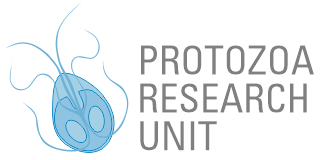Pollution of marine ecosystems with the protozoan parasites Toxoplasma gondii, Cryptosporidium spp. and Giardia duodenalis can be studied using bivalve shellfish as biosentinels. Although evidence suggests that these parasites are present in New Zealand coastal waters, the extent of protozoal pollution has not been investigated. This study used optimised molecular methods to detect the presence of Cryptosporidium spp., G. duodenalis and T. gondii in commercially sourced green-lipped mussel (Perna canaliculus), an endemic species found throughout coastal New Zealand. A nested polymerase chain reaction was validated for detection of T. gondii DNA and applied to 104 commercially sourced mussels. Thirteen mussels were positive for T. gondii DNA with an estimated true prevalence of 16.4% using Bayesian statistics, and the presence of T. gondii in mussels was significantly associated with collection during the summer compared with that in the winter (P = 0.003). Consumption of contaminated shellfish may also pose a health risk for humans and marine wildlife. As only sporulated T. gondii oocysts can be infectious, a reverse transcriptase-polymerase chain reaction was used to confirm presence of a sporozoite-specific marker (SporoSAG), detected in four mussels. G. duodenalis assemblage B, known to be pathogenic in humans, was also discovered in 1% mussels, tested by polymerase chain reaction (n = 90). Cryptosporidium spp. was not detected in the sampled mussel haemolymph. Results suggest that New Zealand may have high levels of coastal contamination with T. gondii, particularly in summer months, and that naturally exposed mussels can ingest and retain sporulated oocysts, further establishing shellfish consumption as a health concern.
First report of Toxoplasma gondii sporulated oocysts and Giardia duodenalis in commercial green-lipped mussels (Perna canaliculus) in New Zealand
Publication Year
2018
Publication Title
First report of Toxoplasma gondii sporulated oocysts and Giardia duodenalis in commercial green-lipped mussels (Perna canaliculus) in New Zealand
Journal
Parasitology Research
Volume
117
Issue
5
Pages
1453-1463
Abstract
